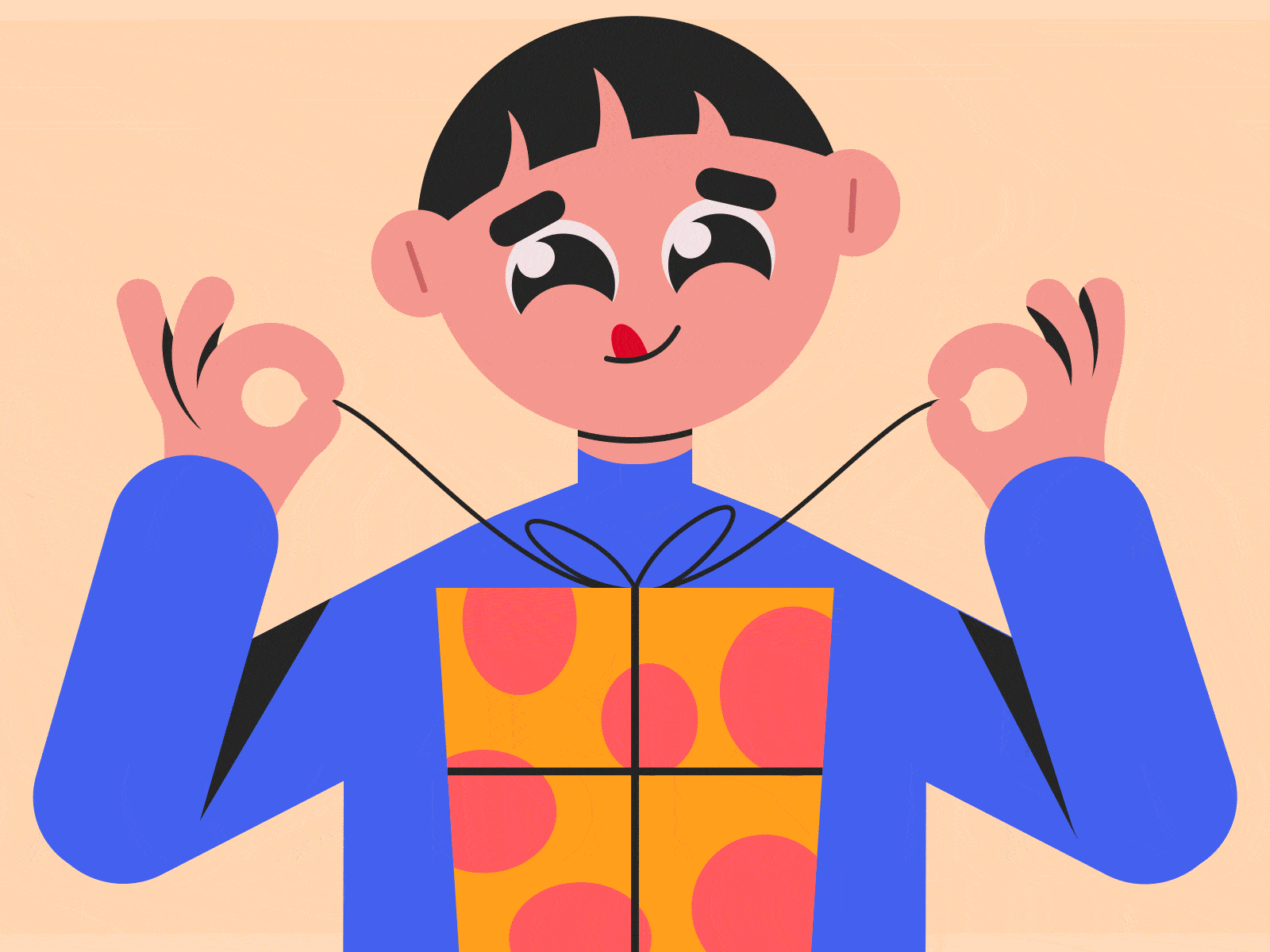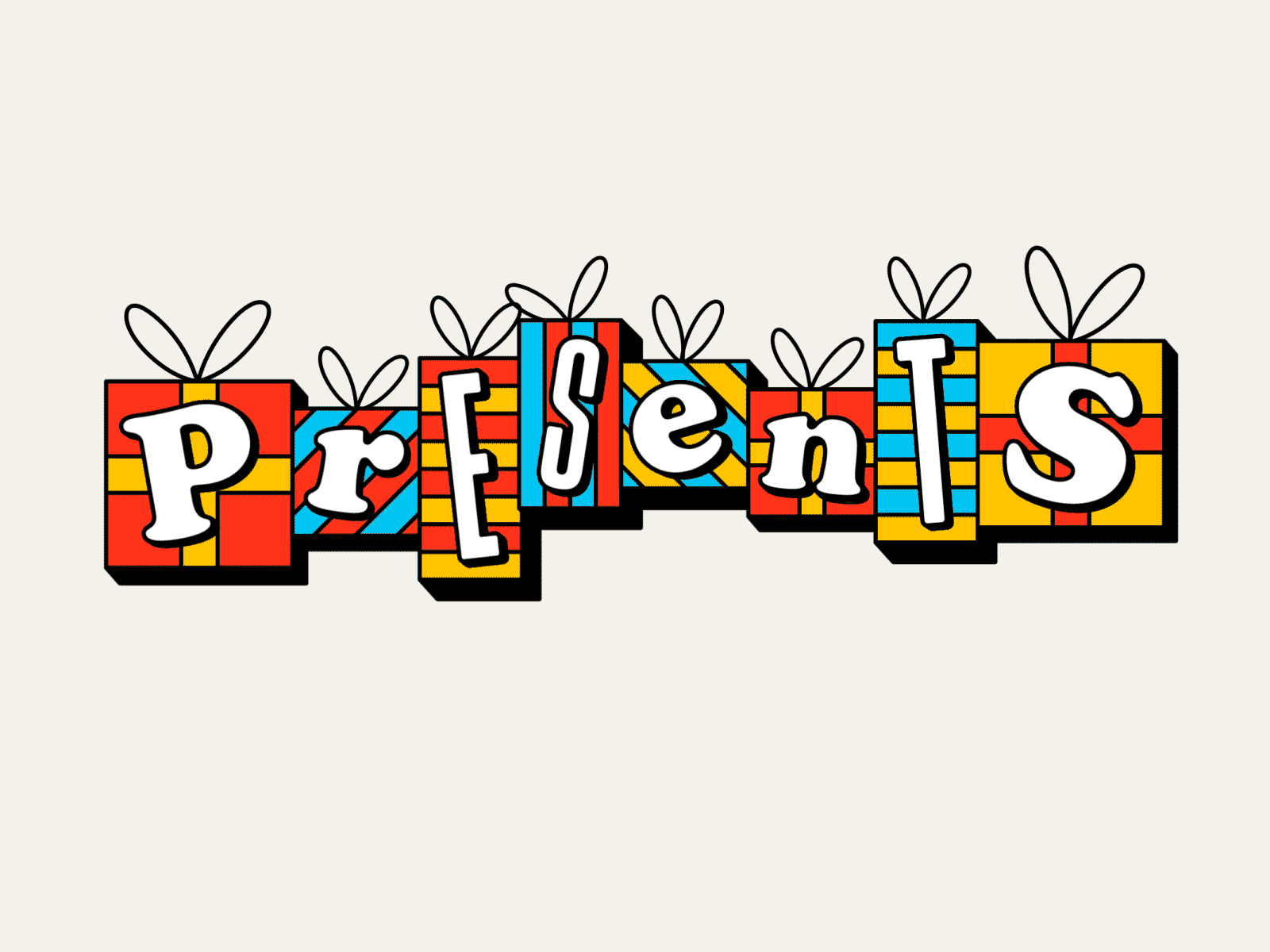Gifts for Business Partners
Corporate gifting is a great way to affirm the business relationship with your partners and let them know that their business is valued. This will not only increase your brand recognition and client retention but also transforms them into brand evangelists and an excellent source of marketing for your company. Besides, gifting to your clients can cultivate a B2B (business to business) relationship. Forming a B2B alliance has enormous benefits for both the company and business partners to sustain growth and development. In particular, when gifts are well-timed and personalized, it will increase brand awareness and keep your brand a top consideration for prospective clients. According to Forrester, a market research company has shared research that partner experiences play a crucial role in shaping customer experiences. As more than 70% of global revenue comes from third-party partners, it is becoming more apparent that partner experiences controlled a significant part of the experience with customers. There is a direct correlation between "maintaining a greater customer experience while at the same time driving an excellent partner experience". Jay McBain, a principal analyst at Forrester, suggested around 43% of global B2B marketing decision-makers are advised to prioritize improving customer experience in 2019, while approximately 40% aim to improve partner experiences. He also predicted this trend will continue to rise in the coming future. Therefore, companies need to put extra effort to please both parties to get the trusting relationship running.
Confused what to gift? Here’s How We Provide You
Researched-based Gifts & Giveaways!

Gifts for Customers
Cooperate gifts can act as a source of business promotion and investment in brand awareness. It improves brand image and maintains customer loyalty. Corporate gifts provide companies with the opportunity to connect with their customer base and can be used to retain or regain your current as well as past customers. Offering customers with appealing, catchy, and personalized gifts will create a positive perception of your company. Hence, based on the overall impression of your brand and customer experiences, customers will buy from brands they are confident, are familiar with and consistently get value from. As a result, benefits your company by increasing sales and adding value to your business growth.
The Psychology of Corporate Gifting
Emotional ConnectionGifts bring people closer together. The New Science of Customer Experience, published in The Harvard Business Review, has studied hundreds of brands and detailed the causes and effects of building an emotional connection with customers. They examined the relationship between brand recognition and emotional engagement. They found that the deeper the relationship with the brand, the more emotional connection and the higher the satisfaction they are with the brand. These highly emotionally connected customers are going to shop more and spend twice as much annually. On the other hand, customers who are not emotionally connected are not very satisfied and eventually spend less on the brand. A term called "emotional motivators" refers to the elements that align with customers' motivations.
How the word "emotion" is defined in psychology and how is it related to motivation? Emotion is a complex psychological phenomenon associated with a complex pattern of changes, including physiological arousal, feelings, cognitive processes, and behavioural reactions. Emotion is highly subjective and influences the decisions we make in day to day lives. Emotions are motivational and informational (Izard, 2009) which increases the likelihood you will take a certain action. Motivation is often accompanied by emotions, for example, positive emotions, such as happiness motivates a person to put the effort into achieving the desired outcome, whilst negative emotions, such as anger impact detrimental to motivation because they narrow one's focus. The Harvard Business Review has identified 10 common emotional motivators that can raise customer value towards the brand: Stand out

An emotional bias is that the object that we owned seems to be more valuable to us (Achtypi, Ashby, Brown, Walasek, & Yechiam, 2021) . There is a famous example demonstrated by Daniel Kahneman, Jack Knetsch, and Richard Thaler in 1990: Participants were given a coffee mug with the option to exchange it for other goods of equivalent value. It showed that after the participants had the mug, the price they asked to trade it away was twice as high as the amount they were to pay to get it. The reason behind this effect can be interpreted as the feeling of ownership (Strahilevitz and Loewenstein, 1998). In short, people tend to place a higher value on the items they already own than on identical items that they don't. It makes no difference whether the product was purchased or received as a gift. The result of giving a corporate gift to customers is that they psychologically overvalue the gifts when they are endowed with it. This is when the feelings of reciprocity kick in because people value the gifts more highly and people are aware that they are owing us something back. The theory of reciprocity refers to the tendency of wanting to give something back when something is received. Sending gifts incentivizes the customers to be more likely to demand your services and take desired actions, such as signing up for membership and making purchases. Besides, these corporate gifts make the employees feel more valued by their company and allow them the experience a sense of belongingness and connection to the team. As such, these emotions affect how employee approach their jobs and the level of service they provide.
Final Thoughts
Corporate gifting reinforces your brand by strengthening the connection between partners and employees. It is worth noting that emotional motivators for a specific brand differ depending on where a person is in the customer journey. Those motivators are difficult to pin down since brands connect to their customers at different levels, and each may have a varied starting point when trying to establish emotional connections based on various customer segments. Therefore, corporate giving is the most successful strategy to express appreciation and to build an authentic emotional relationship with your clients, workers, and business partners. According to Instapage , approximately 80% of customers think they are more inclined to do business with a brand that provides personalized service. If you are sending well-timed and personalized corporate gifts to new customers, they can serve as significant emotional motivators for future profitable behaviours.
Megan Lee
Psychology Blogger,
The Shared Secrets Lab,
GiftAFeeling Inc.
Read The Official Research Paper On - Why It’s Better to Give Than Receive



















































